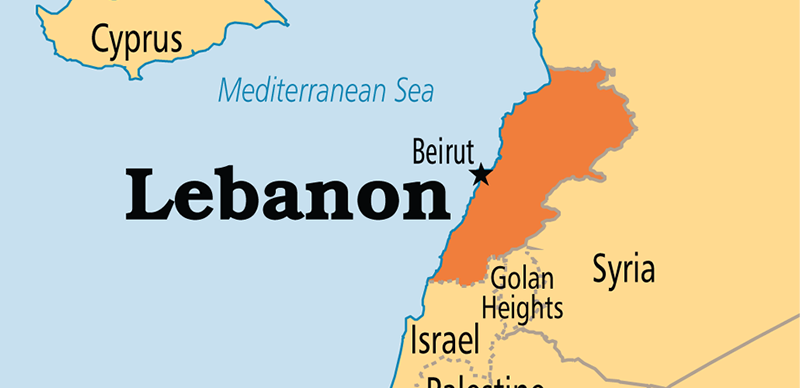The situation between Israel and Hezbollah has escalated, sparking varying reports regarding the status of Nigerians residing in Lebanon. Recently, the Nigerian Federal Government claimed that around 500 Nigerians had registered for evacuation from the country amid the ongoing conflict. The spokesperson for the Ministry of Foreign Affairs, Ambassador Eche Abu-Obe, stated that while this registration occurred, there are actually over 2,000 Nigerian citizens in Lebanon, most of whom have not expressed a desire to leave despite the embassy’s efforts to encourage them to evacuate. Abu-Obe emphasized the government’s commitment to the safety of its citizens in Lebanon, indicating that they will facilitate evacuation efforts as necessary.
Contrasting the Federal Government’s assertions, the President of the Nigerian Community in Lebanon, Roland Aigbovbiosa, publicly disputed the claim regarding the number of Nigerians registered for evacuation. He labeled the government’s figure of 500 as “very untrue and incorrect.” Aigbovbiosa clarified that the number cited by the Ministry of Foreign Affairs pertains to individuals who were profiled by the Nigerian Embassy for documentation purposes, rather than being actual registrants for evacuation. This profiling initiative has been ongoing for two years, beginning before the onset of the current conflict, and it serves to identify Nigerians with legal documents as well as those without.
The misunderstanding between the Nigerian community members and the Federal Government seems rooted in the terminology used regarding registration. The Nigerian community’s initiative to document citizens in Lebanon has led to confusion, with many misinterpreting the profiling numbers as those registered for evacuation. Aigbovbiosa reiterated the emphasis on this distinction, noting that the 500 referred to by the embassy did not reflect an urgent desire to leave Lebanon, but rather a routine process of gathering information about the Nigerian population there.
As the situation deteriorated in Lebanon, the Federal Government urged Nigerians in the country to connect with their local embassy for necessary documentation to facilitate an organized evacuation. This directive was communicated through the government’s social media channels and included instructions for residents to seek assistance related to their legal status and possible return to Nigeria. However, contrary to the government’s public statement, Aigbovbiosa reported that as of Monday, only about 30 Nigerians had officially registered their intention to evacuate, highlighting a significant discrepancy in expectations.
According to Aigbovbiosa, the number of Nigerians willing to leave has gradually increased as the conflict intensifies, and reports of bombings escalate. Initially, there were just over 20 identifiable individuals seeking evacuation, but this count has now risen to approximately 30, reflecting growing apprehension within the Nigerian community. He has been actively documenting the names of those who have come forward, indicating an ongoing interest in evacuation as the situation develops. Aigbovbiosa expressed an expectation that as conditions worsen, more Nigerians would likely opt to return home.
On the other hand, the Ministry of Foreign Affairs has revised its numbers, with Ambassador Eche Abu-Obe later stating that approximately 40 Nigerians had registered for evacuation, suggesting a dynamic and possibly expanding interest in leaving Lebanon as the conflict progresses. This shifting figure reflects the evolving nature of the crisis and the complexities involved in managing evacuation efforts for citizens abroad. Overall, the disconnection between the community’s experiences and the government’s reports reveals the challenges of communication and crisis management in the context of international conflict, as well as the need for accurate representation of citizens’ sentiments and situations.


